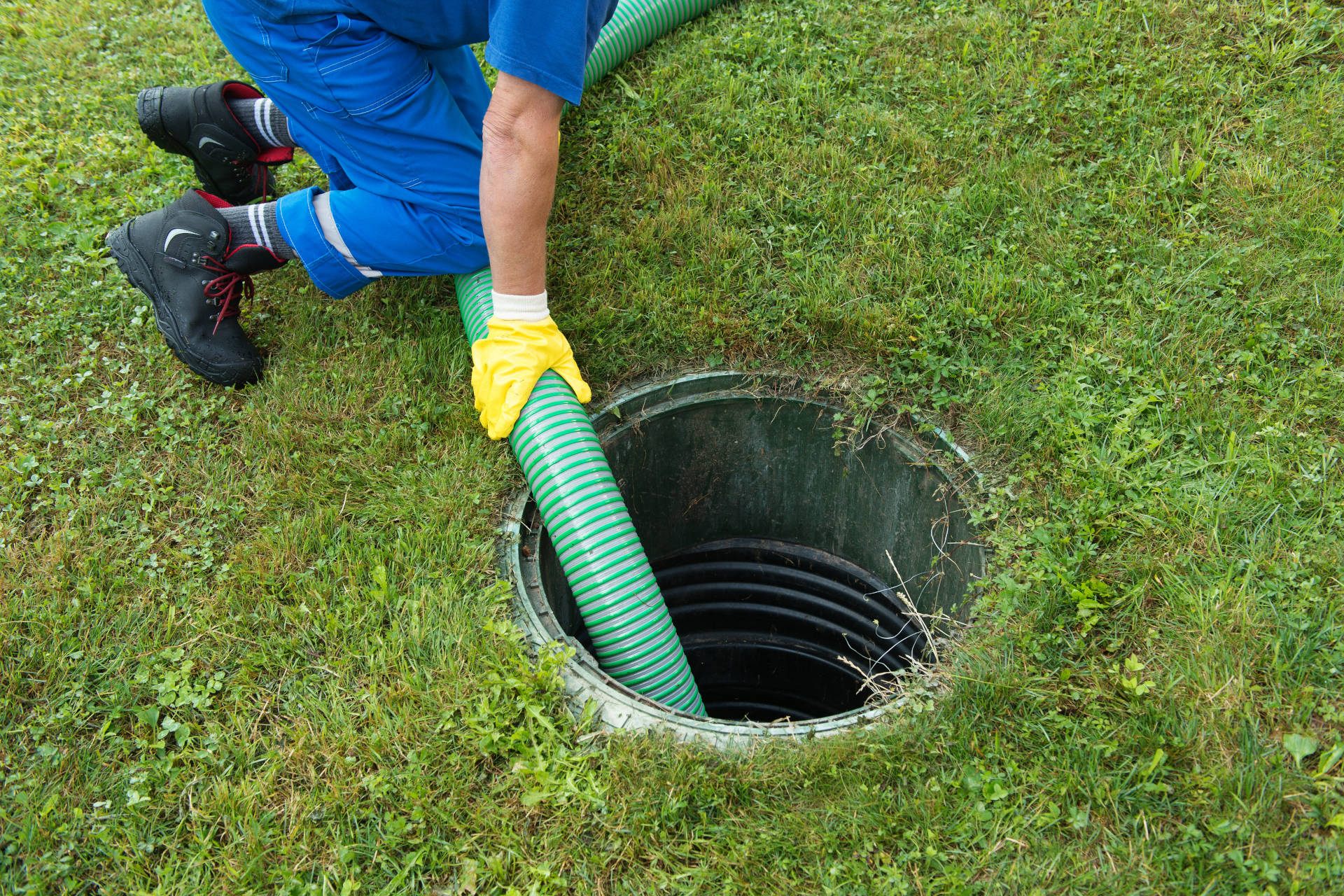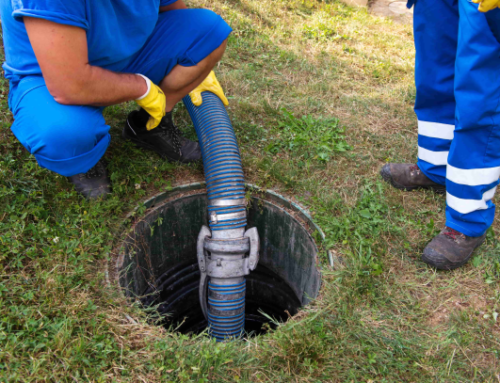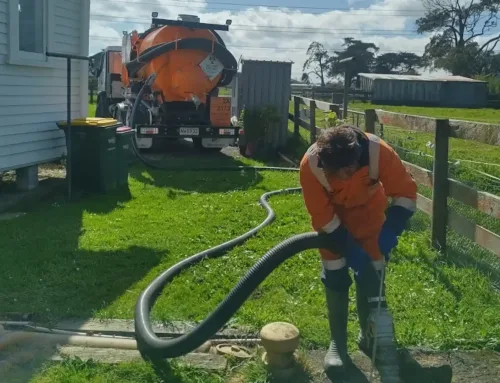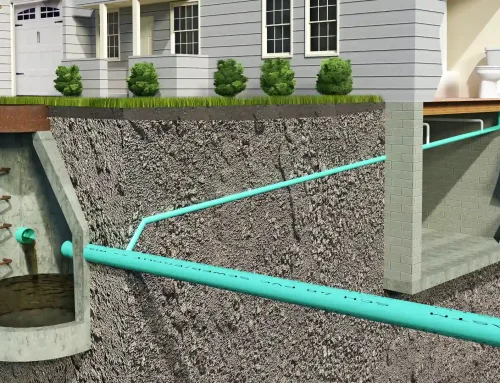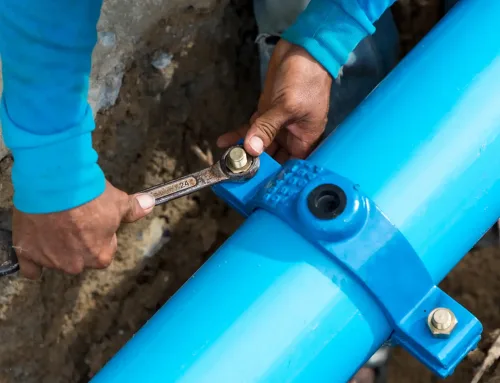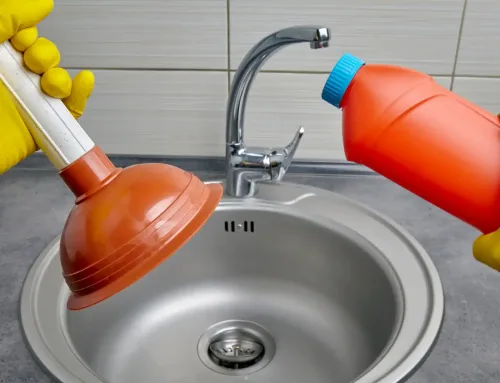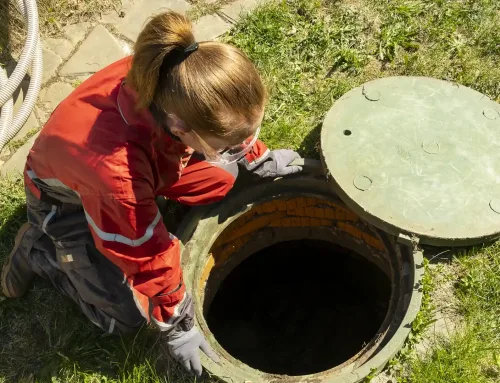Without regular inspection or routine maintenance, even a quality Septic tank system can encounter potential hazards. Septic cave-ins can happen suddenly and without warning and shouldn’t be taken lightly. When left unaddressed, there may be fall-in safety hazards that put your family and pets at risk. If you have a septic tank system, you should know the possible reasons why they may collapse, so you can avoid a dangerous septic tank hazard.
Septic tank systems and its design
Septic tank systems are made of several porous tanks and pipes. The system works by distributing excess wastewater throughout the drain field. The water contains various chemicals which act as a fertilizer to treat wastewater. The excess water that enters the drain field will then be eliminated through different natural processes such as evaporation or transpiration from plants. When new wastewater enters the septic tank, the tank displaces the water already contained.
The process of material breakdown causes the septic tank to produce gases. And to prevent these gases from entering your home, there are traps designed to contain the gas inside the tanks. Naturally, the gases can be hazardous once a septic tank collapses or fails.
Reasons why a septic tank may collapse
Well-designed and functional septic systems do a great job handling sewage. They are built to last and can serve your household as long as 10 years. However, no matter how well-built, septic tank problems do occur. Issues may arise in older septic systems, but tanks can also fail prematurely and collapse for several reasons.
- Above-ground pressure– Placing too much weight over your septic tanks is never advisable, as they’re not designed to be load-bearing. Too much weight can cause the covers to crack and the ground to break with holes that can range in width from a few inches to several feet in diameter. This is dangerous to everyone who may walk over the affected area. Moreover, the collapse can also cause wastewater products to release methane gas which is hazardous to humans and animals. Therefore, it’s vital to get the right placement of your systems and ensure that no weight issues will cause them to cave in. Whether that’s prohibiting grazing or not permitting vehicles or heavy equipment to be placed over the septic system, keeping the ground above your leach field clear is imperative to prevent a septic tank from collapsing.
- Tree roots– Tree roots may find their way into your tanks and cause more damage. They can easily block inlet pipes, which can hinder them from working. A quick fix is to cut the tree roots that clog the line. However, it may only serve as a temporary solution as these roots may grow back just as quickly. It’s best to call in the experts in situations that will require you to conduct excavation, pipe repair, replacement, or a complete tank removal.
- Aging tank– A far more common reason why septic tanks collapse is their age. The most challenging part of this type of septic system failure is that it isn’t apparent from above the ground when it’s about to happen. Therefore, experts at Streamline recommend having your septic system inspected regularly. Our team is equipped with the right know-how to diagnose and spot cracks and other signs of degradation. From there, we can offer the best advice when it comes to septic system replacement or repairs.
How to prevent septic system collapse
Proper usage is the answer to reduce the risks of a collapsing septic tank. It all boils down to being mindful of what you put into your drains and how you maintain your overall septic system.
- Ensure adequate discharge of water– Too much water in the tank can disrupt its biological balance. The more water is in the system, the more likely it will cause backups and system failure. Control your water usage and make sure you have the right size of tank suitable for your household.
- Avoid chemicals– Drain cleaners or cleaning supplies are manageable waste that will not kill the bacteria inside the tank. More hazardous chemicals such as pesticides, solvents, and paint, however, should never enter the septic tank. Instead, this type of waste should be disposed of at waste collection facilities.
- Curb grease– Grease can damage drainpipes, including the ones connected to a septic tank. When grease accumulates, it can block the flow of wastewater, preventing it from functioning optimally. This is why it’s essential to use a grease trap. Have them cleaned regularly so they can successfully intercept grease before it enters your system.
- Be wary of weight issues– don’t park any vehicle or place heavy equipment over a septic tank as it can cause pipes and tanks to break.
Make a septic tank maintenance a priority
Septic tank collapse and failure are not that uncommon. However, proper usage and septic tank maintenance can go a long way in keeping your systems functioning at safe and optimum levels. As a responsible property owner, it’s important to schedule regular inspection to ensure everything is in proper working condition. At Streamline, we ensure the health of your systems through a range of services, leading equipment, and reliable staff. For emergency situations, call our team! We will have a vehicle dispatched to your location and address pressing concerns.
